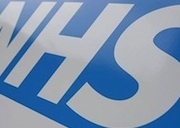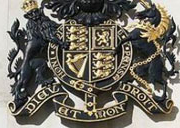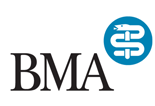NHS reforms expose the British idolatry of our healthcare system
 Nigel Lawson once famously said that the NHS is the nearest thing that the British have to a national religion. It is certainly been the case that any politician who seeks to tamper with it has done so at his or her peril. After facing a barrage of criticism from nursing and medical professional bodies, think tanks and pressure groups, as well as dissention between partners in the coalition, the government has significantly scaled back its plans for NHS reform. Some of this is sensible. The pace of the proposed change during a time of economic austerity could well have been damaging to services. For example, relaxing the 2013 deadline for new GP commissioning arrangements to be set up makes a great deal of sense.
Nigel Lawson once famously said that the NHS is the nearest thing that the British have to a national religion. It is certainly been the case that any politician who seeks to tamper with it has done so at his or her peril. After facing a barrage of criticism from nursing and medical professional bodies, think tanks and pressure groups, as well as dissention between partners in the coalition, the government has significantly scaled back its plans for NHS reform. Some of this is sensible. The pace of the proposed change during a time of economic austerity could well have been damaging to services. For example, relaxing the 2013 deadline for new GP commissioning arrangements to be set up makes a great deal of sense.
Other changes may also be for the better – for instance involving nurses and hospital doctors in commissioning. However, some fear this particular change will just slow things down and add to the bureaucracy. And the aim of reducing the overall levels of bureaucracy within the NHS seems to be significantly set back with the introduction of the National Commission Board, Monitor, Health Senates and other bodies to oversee the new systems. There is a real onhealthy vasotec concern that the new changes will once again divert money from patient care to administration.
The founding principles of the NHS, that treatment for all should be free at the point of access regardless of the ability to pay, is a sound and just one that Christians should support. However, we are faced with increasingly complex and expensive treatments, and an ageing population with increasingly high expectations of our health service. This means that we cannot continue to run our health service as before. The proposed changes go some, small way to addressing this, but probably not far enough.
We need to ask ourselves a question as citizens – what sort of health service do we want as a nation, and how much are we willing to pay for it if the principle of equality of access is to remain intact? As Christians we should also be asking if our expectations that medicine can stave off all sickness, suffering and even death are not just unrealistic, but verging on the idolatrous? As Christians, is it God or the NHS that we ultimately trust?












Leave a Reply
Want to join the discussion?Feel free to contribute!